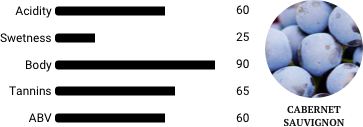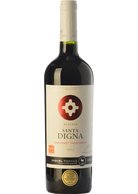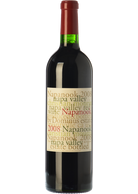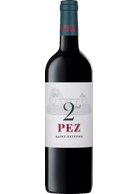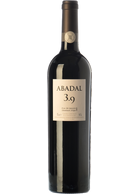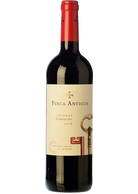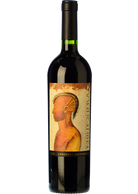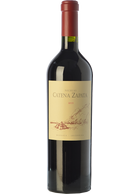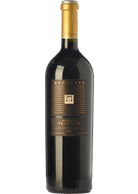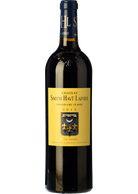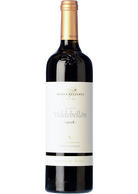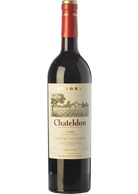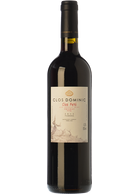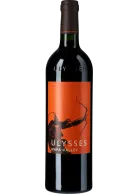Cabernet Sauvignon
Cabernet Sauvignon is the most important red grape in the world. Simply seeing its name immediately brings to mind top class red wines. Originally from the Medóc region in France, its renowned qualities have led to it being cultivated in virtually any part of the world where winemakers want a prestigious sure-fire winner.
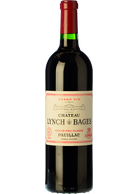

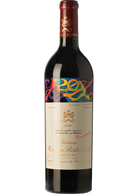

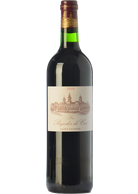
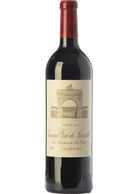
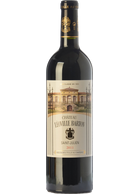

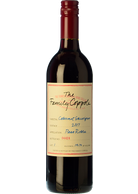
The Family Coppola Cabernet Sauvignon 2019
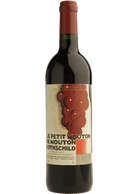
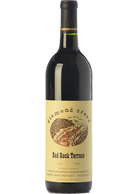
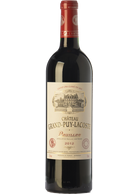
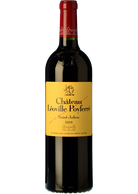

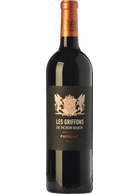
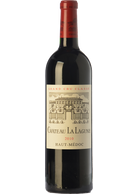
Cabernet Sauvignon
Cabernet Sauvignon is the most important red grape in the world. Simply seeing its name immediately brings to mind top class red wines. Originally from the Medóc region in France, its renowned qualities have led to it being cultivated in virtually any part of the world where winemakers want a prestigious sure-fire winner.
Australia and California are its two most successful destinations in the New World. Cabernet Sauvignon is used to make wines there, often single-variety ones, which are more mature than European ones. It is still the top grape in the Left Bank of Bordeaux stamping its character on the wines from well-known historic châteaux. In Italy, often blended with Sangiovese grapes, it has been key to the so-called revolution of the Super-Tuscan wines, wines produced with varieties or blends not allowed under the rules of the appellations but with an excellent character. Extraordinary wines are made with Cabernet Sauvignon in Chile and South Africa also, but at the end of the day, to find the true essence of this star grape, we must return to Bordeaux.
Cabernet Sauvignon rules the roost in Pauillac, Saint-Estèphe, Saint-Julien and Margaux, some of the best appellations in the Médoc region. Though the essence of the variety shines through in most local wines, styles of wine do vary between appellations; the Margaux wines are finer, while those from Saint-Estèphe are more vigorous. Young wines have a dark violet colour but over the years this becomes more maroonish. Typical aromas of cedar and pencil lead are present thanks to time spent ageing in oak, as well as hints of dark fruit such as plums or cherries. In warmer climates, sometimes the grapes ripen too quickly leading to intense aromas reminiscent of green pepper. The best Cabernet Sauvignon wines can evolve extremely well for decades thanks to their firm tannins.
The Cabernet Sauvignon has a similar profile in Italy, that is, it is currently present in many regions of the country. The guiding light is naturally Tuscany, where excellent Bordeaux cuts, with this grape in prevalence, are in the Bolgherese area but also in the whole area of Maremma and, more inland, in Chianti. The Cabernet of the coast benefits from the mineral, clayey soils and the Mediterranean climate, succeeding in being particularly structured, but also taut, sapid, elegant. It does not shy away from blends, between tradition and innovation, with Sangiovese, for a value added of territoriality and freshness. Inland, limestone and marl give an even more dynamic and classy Cabernet, sometimes as a single variety, with an amazing longevity. Successfully cultivated also in Sicily, Lazio, in the Bolognese Hills and in Friuli, with results that are sometimes austere and sometimes easy to drink, it excels above all in Veneto, where in the volcanic area of the Euganean Hills some of the greatest Bordeaux cuts in the world are produced, and in Trentino-Alto Adige, the only area in which the Italian Cabernet is slightly different from the Mediterranean carat to take on the profile of the "Nordic" grape, taut, dynamic, tannic and mineral.
